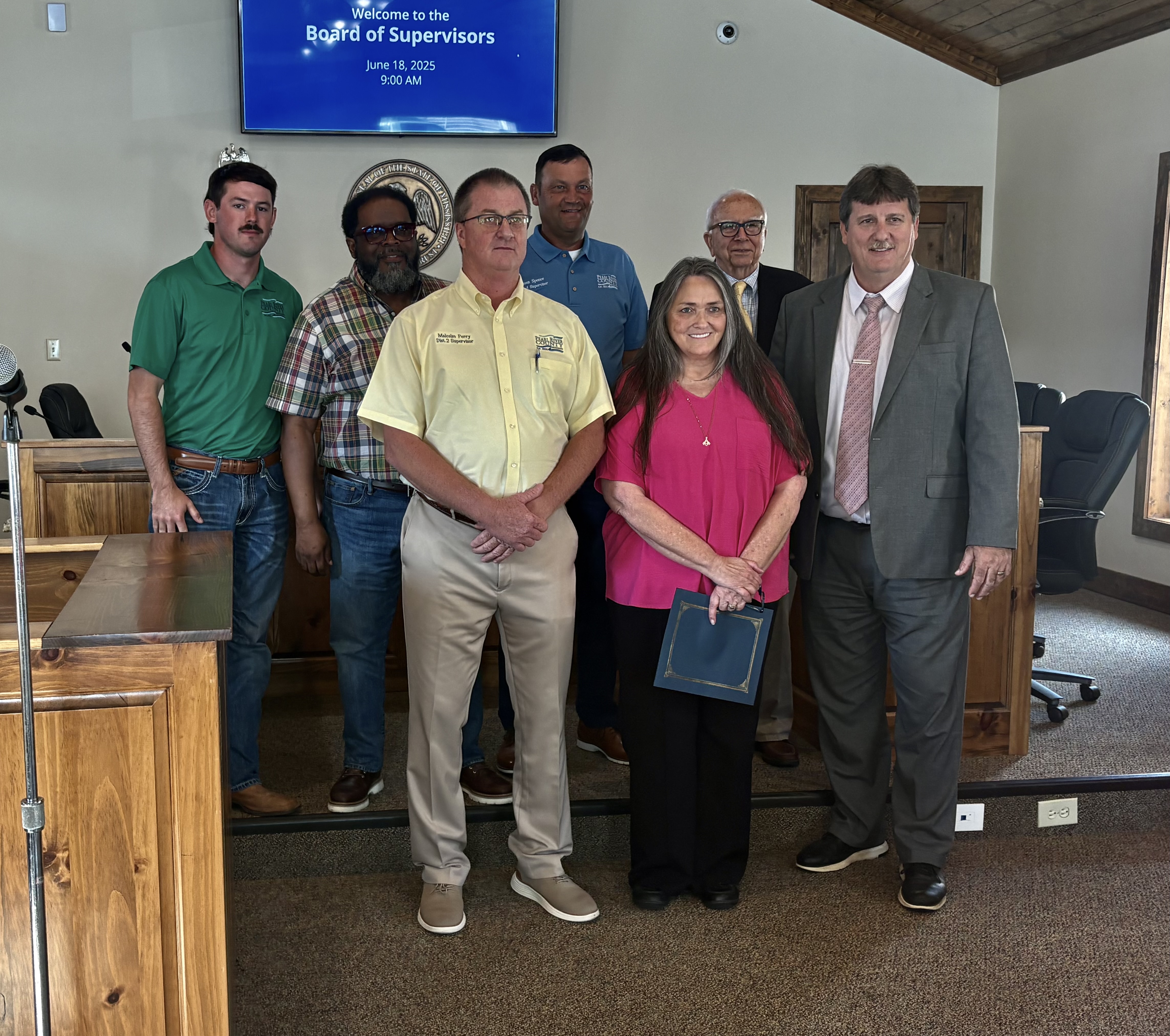Traffic and toxic spills: Ga. critics speak out at bio-lab hearing
Published 4:17 pm Friday, September 21, 2007
In other communities, fears of toxic spills and deadly leaks have dominated public hearings over a proposed national center that would study exotic animal diseases.
However, at the University of Georgia, one of a handful of finalists for the National Bio and Agro-Defense Facility, there was as much talk Thursday night about the project’s impact on erosion and traffic as there were concerns that a fearsome contaminant could seep out.
Environmentalists predicted that runoff and sedimentation from the construction would overwhelm nearby waterways. A resident wondered how the construction of new sewer lines could affect the local commute, while another complained that the project could devastate pristine bird and wildlife habitat.
Some neighbors huffed over the government’s selection of the site, a pastoral setting near the state’s botanical garden. “I’m in favor of this facility,” said one at a public hearing on the school’s campus. “Just not at this location.”
The Athens site was among a handful of finalists for the project, which is expected to have a $3.5 billion economic impact and employ up to 300 researchers.
Other finalists include sites in Texas, North Carolina, Kansas and Mississippi. A final selection is slated for fall 2008.
The lab will have the highest-level security rating, BSL-4, meaning it would be equipped to handle the most lethal, incurable disease agents.
The lab will be the only one in the country to integrate study of lethal agents that could be used as bioweapons on humans and in agriculture, research on diseases that could be passed between animal and human, and foreign animal diseases.
It would focus on foot-and-mouth disease, swine fever and other animal threats, said James Johnson, the facility’s program manager. He said it would not research anthrax and smallpox, among other diseases.
The proposal has sparked pockets of opposition in some communities, with local officials and residents worried about housing a laboratory that specializes in researching dangerous germs. The Georgia site, though, has earned the backing of state and local officials, who lined up at the crowded public hearing to soothe critics’ concerns.
Athens Mayor Heidi Davison, a supporter of the project, suggested the government establish a citizens council so residents play a role in the projects development. Veterinary professors marveled at the research possibilities of housing a one-of-a-kind lab. And business leaders predicted it could drive economic growth and new rounds of investment through northeast Georgia.
“I look at it in terms of aesthetics, but also what the area needs — an economic boost,” said Paul Chambers, who lives in nearby Watkinsville. “Sure, there is no perfect project, but I think this is as close as we’ll get it.”
Critics and supporters alike were greeted with hearty rounds of applause from a divided audience, a signal of the heated local interest the project has drawn. To some supporters, the fierce objection toward the project has been perplexing.
Former Mayor Doc Eldridge, for one, made an almost frustrated plea to the program’s detractors when he took the microphone. “This is who we are. This is where the site needs to be,” he said. “I guess, I’ll ask the question: If not this, then what?”





